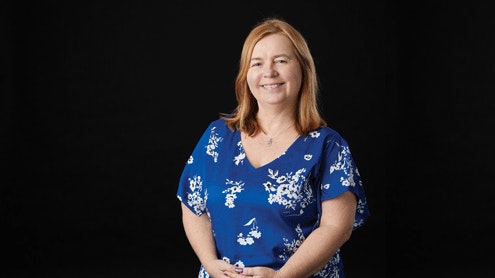Homepage
•
Learning Library
•
Blog
•
Global Focus: Digital library helps students become responsible, autonomous learners
Expand breadcrumbs
Expand breadcrumbs
- Learning Library
- Blog
- Global Focus: Digital library helps students become responsible, autonomous learners
- Homepage
- •
- Learning Library
- •
- Blog
- •
- Global Focus: Digital library helps students become responsible, autonomous learners
Global Focus: Digital library helps students become responsible, autonomous learners
By Lisa Nash
December 24, 2019








